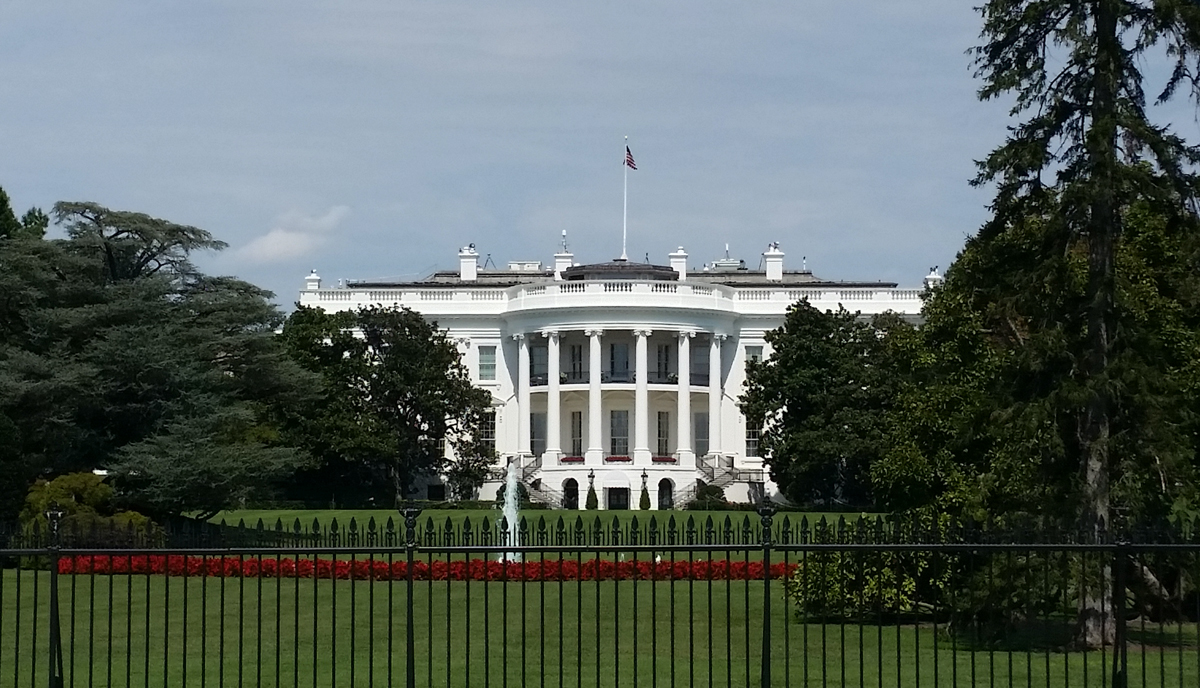For anybody following the day by day flood of developments concerning enterprise interruption and COVID-19, insurance coverage commentator Invoice Wilson is an effective supply to learn and comply with. Astutely, his web site is www.insurancecommentary.com. Mr. Wilson’s latest submit, It’s Not Simply About ‘Direct Bodily Injury’,1 raises attention-grabbing new arguments about Civil Authority claims – a sub-coverage inside enterprise interruption. He breaks down some elements that lean each for and towards civil authority protection for COVID-19 claims primarily based on some attention-grabbing historic analysis.
In his article, Mr. Wilson explains that he reviewed the civil authority ISO kinds going again to 1988 and observed some attention-grabbing modifications. Mr. Wilson explains that previous to 2007, the ISO type required “direct bodily lack of or injury to property,” however afterward ISO modified the shape to requiring solely “injury to property.” He additional notes that ISO added language requiring that the “motion of the civil authority is taken in response to harmful bodily situations ensuing from the injury or continuation of the Coated Reason for Loss that brought about the injury.…” Mr. Wilson didn’t discover any proof explaining the explanations for the modifications with insurance coverage firm public filings on these modifications. Nevertheless, provided that ISO left the “direct bodily lack of or injury to” language in the principle BI provision, strongly suggests they supposed a unique normal apply to civil authority protection.
This argument is beneficial fodder for policyholders searching for some reprieve from their devastating losses of enterprise. Nevertheless, what Mr. Wilson giveth he taketh away—identical to an insurance coverage coverage exclusion. Mr. Wilson additionally observes that in 2007, the civil authority provisions modified to require that any civil order prohibit “[a]ccess to the world instantly surrounding the broken property.” In accordance with Mr. Wilson, “few, if any, governmental orders have prohibited entry to enterprise premises, a lot much less bigger ‘areas’ like neighborhoods or enterprise districts.” Mr. Wilson states that “the consensus of protection consultants and educators is that this language displays the truth that, within the case of harm attributable to perils like windstorm (e.g. tornadoes and hurricanes), widespread injury (e.g. downed energy strains) might exist that warrant shutting down these areas to all however emergency employees.”
We significantly recognize Mr. Wilson figuring out these points, and insurers will try them in courtroom. However we see numerous responses in favor of protection. As an example, the civil authority language doesn’t say the extent to which the order should “prohibit entry.” Mr. Wilson is studying this as prohibiting any type of bodily presence by any means. This is only one interpretation, nonetheless. We observe that the time period “prohibit entry” doesn’t say “prohibits any bodily presence by any means.” And in courtroom, insuring provisions are “interpreted broadly in order to afford the best doable safety to the insured, [whereas] . . . exclusionary clauses are interpreted narrowly towards the insurer.”2 Additional, the place there are two or extra cheap interpretations, the tie sometimes finally ends up going to the insured.3 Thus, an order that enables one to stroll as much as a enterprise’ entrance door, however prohibits bodily entry to it and every other enterprise within the space, might create protection.
For one more argument, the time period “entry” might imply extra than simply the best to be bodily current in an space. In courtroom, insurance coverage coverage phrases are construed primarily based on their odd and common that means wherever doable.4 Meriam-Webster defines “entry” as “permission, liberty or means to enter, method, or cross to and from a spot,” in addition to “freedom or means to utilize one thing.”5 Thus, the time period “entry” could also be interpreted as referring to a civil order that prohibits the flexibility to utilize the enterprise, by both the shopper or proprietor/insured. We see no points with this interpretation when thought-about within the context of the coverage as a complete.









